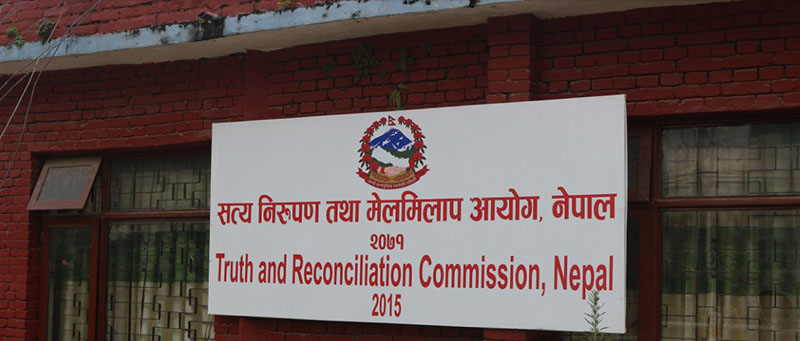NCP’s choice for TRC chair turns down offer
Kathmandu, August 21
Former attorney general Raman Kumar Shrestha is the choice of top leaders of both the ruling Nepal Communist Party (NCP) and the main opposition Nepali Congress for the post of chairman of Truth and Reconciliation Commission, but he is not keen to take up the job.
Shrestha is miffed at the ruling party because its leaders didn’t support his bid to become Nepal Bar Association’s president a few months ago.
Talking to THT, he said he wanted to know why the prime minister, who did not deem him fit for NBA presidency, was trying to make him the TRC chair. “TRC chair’s job requires more proficiency than that of NBA president. What more efficiency did the PM find in me in these three-four months that he now wants to make me the TRC chair?” Shrestha wondered.
Prime Minister KP Sharma Oli, who is also NCP co-chair, discussed transitional justice issues with party Co-chair Pushpa Kamal Dahal this morning.
A source said top leaders of NCP and NC were also thinking of reappointing former office bearers of the Commission of Inquiry on the Enforced Disappeared Persons, as the same old team would conclude the process within next two years as team members were aware of the process. “A new team will take two years only to read more than two thousand files that we had prepared,” the source added.
NC Joint General Secretary Purna Bahadur Khadka, who attended the meeting held in Baluwatar this evening, said the two parties agreed to pass the TRC (Amendment) Bill and appoint office bearers for the two transitional justice mechanisms as soon as possible.
NCP leader Subas Chandra Nembang, who also attended today’s meeting, said they would try to pass the bill in the current session of the Parliament itself after discussing its contents with conflict victims and stakeholders in all the seven provinces and members of international institutions to make the bill compatible with international law.
The SC had directed that the TRC Act be amended to ensure that cases of serious human rights violation don’t get amnesty.






